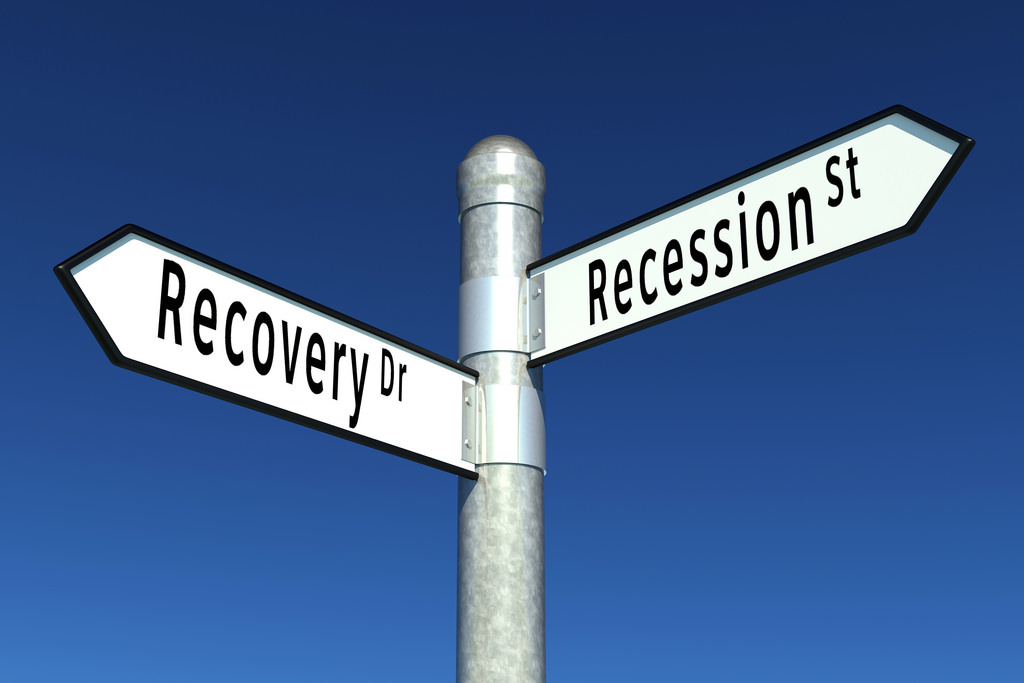“Potential ways to exit the recession”
April 7th, 2017 Nigeria has been experiencing its first recession in 20 years. Jonathan Ugiagbe, a Commonwealth Correspondent alumni from Benin in Nigeria, examines the prospects for a recovery and some of the ways to achieve the turn around.
Nigeria has been experiencing its first recession in 20 years. Jonathan Ugiagbe, a Commonwealth Correspondent alumni from Benin in Nigeria, examines the prospects for a recovery and some of the ways to achieve the turn around.
An improved economy would be driven by policies aimed at boosting produçtivity, improved budgetary allocation to capital expenditure, and exit from joint venture cash call arrangements with the international oil companies, which could be expected to save the country $2bn annually.
One critical move the government must make is to sell the ailing refineries, as they are old and operating below optimal levels.
Nigeria is expected to recover from its recession in 2017 if the points in the ten-point agenda are to revamp the refineries. I think those refineries have outlived their age and they need to be sold, because they are a drain on the government’s resources.
The country’s capital market would have to do a better job at promoting its unique value proposition to both global and domestic investors.
Monetary policy will continue to play a vital role in determining activity in the market, with forecasts for inflation expected to moderate due to the base effect. I believe that all things being equal, monetary authorities will have more flexibility with respect to interest rates and the foreign exchange regime.
Also, good coordination between the fiscal and monetary authorities should result in the resolution of the current structural deficiencies and drive economic growth.
The past government failed to heed the advice of some analysts, who predicted the fall in oil price as a result of substitutes for oil, leading to low demand for crude oil. So many countries like Saudi Arabia and the United Arab Emirates realised this trend and built their economy away from oil. Today their economies are well-balanced.
Before the discovery of oil in Nigeria, agricultural activities constituted about 40 per cent of our GDP. Immense agro-products trading across local and international markets generated much revenue and attracted numerous foreign investments. Afterwards, much focus has been on oil-trade, and we couldn’t blame the authorities enough for managing the revenue corruptly. Thanks to the moguls who are all into ‘oil and gas business’, there is barely little left over for the slow-footed.
Agriculture is another way to recover from Nigeria’s recession. The government should employ more hands by training more youths to go into farming. Encourage farming like environmental sanitation days in schools, colleges and higher institutions, thereby bringing the best out of our youths, who I must say are blessed and Nigerian soil, too, is blessed no doubt. A day should be set aside for pupils, students and even workers to farm in their various schools, colleges and place of work, just as some states have embraced now.
We need to be clear about what to produce: what we produce usually determines what skills are sought by labour, income levels and by extension, standard of living, and sound leadership. As seen in countries like Japan, Germany and South Korea, which focus on the production of ‘advanced’ capital goods such as production machinery, automobiles, and computer chips, rather than commodities which command less value in the international market. It is true that we have arable land; but that does not necessarily mean that we should focus all our energy on ensuring that we are simply able to feed ourselves and probably export the balance.
Nigerians are eager to see the change which the present administration of President Muhammadu Buhari promised, which we believe should be positive.
An extended version of this article first appeared on the blog ‘Nigeria, a way forward’.
Reach me on Twitter @jonathanugiagbe
photo credit: ccPixs.com 3D Recession Recovery via photopin (license)
…………………………………………………………………………………………………………………
About me: I am an easy-going person who takes people for who they are regardless. I like reading, travelling and table tennis.
My objective is to work with existing staff and facilities, contributing the best of my ability and quota so as to improve organisational objectives and achieve management goals and targets. Currently, am a blogger and a web designer.
…………………………………………………………………………………………………………………
Opinions expressed in this article are those of the author and do not necessarily represent the views of the Commonwealth Youth Programme. Articles are published in a spirit of dialogue, respect and understanding. If you disagree, why not submit a response?
To learn more about becoming a Commonwealth Correspondent please visit: http://www.yourcommonwealth.org/submit-articles/
…………………………………………………………………………




